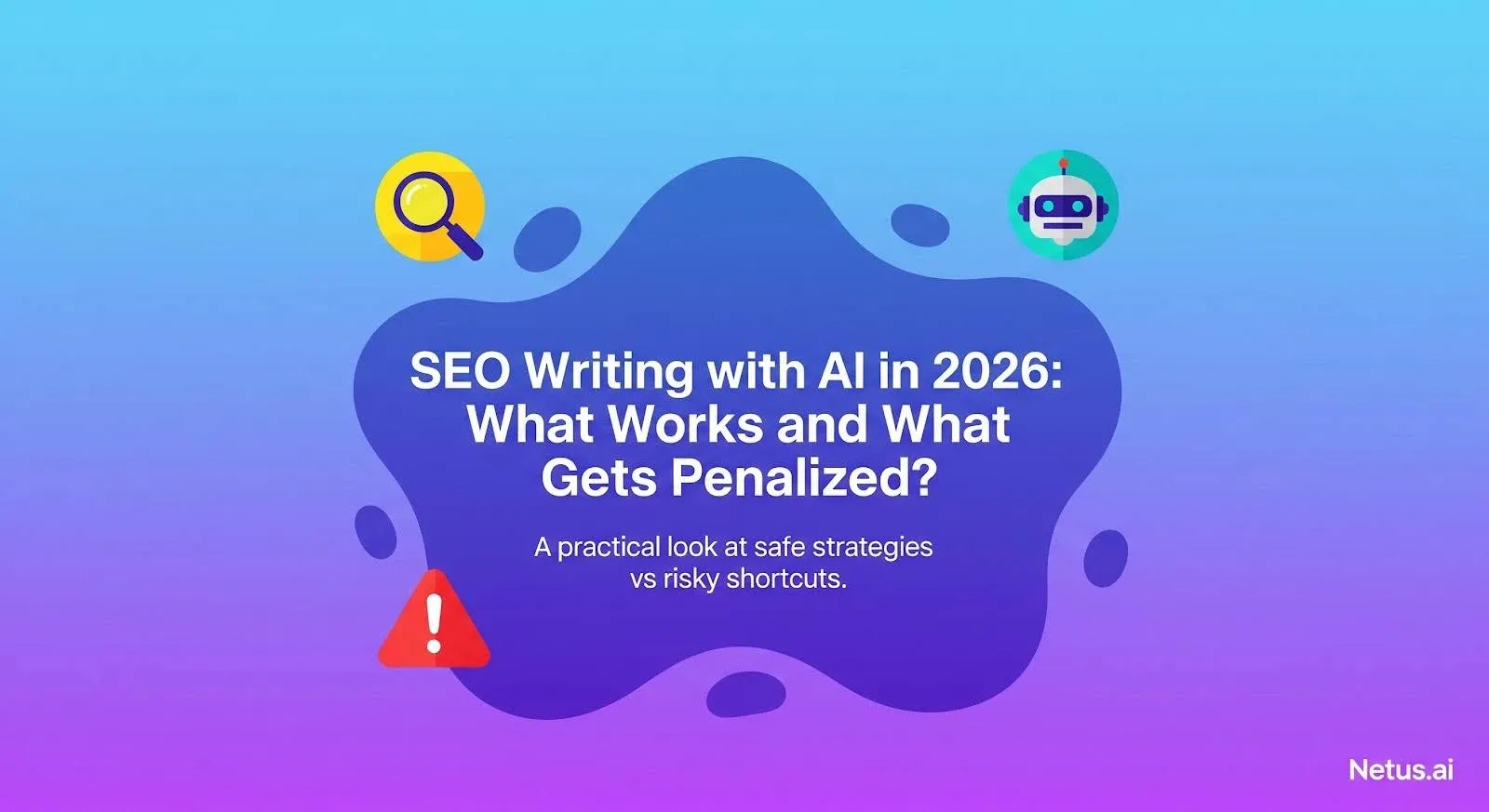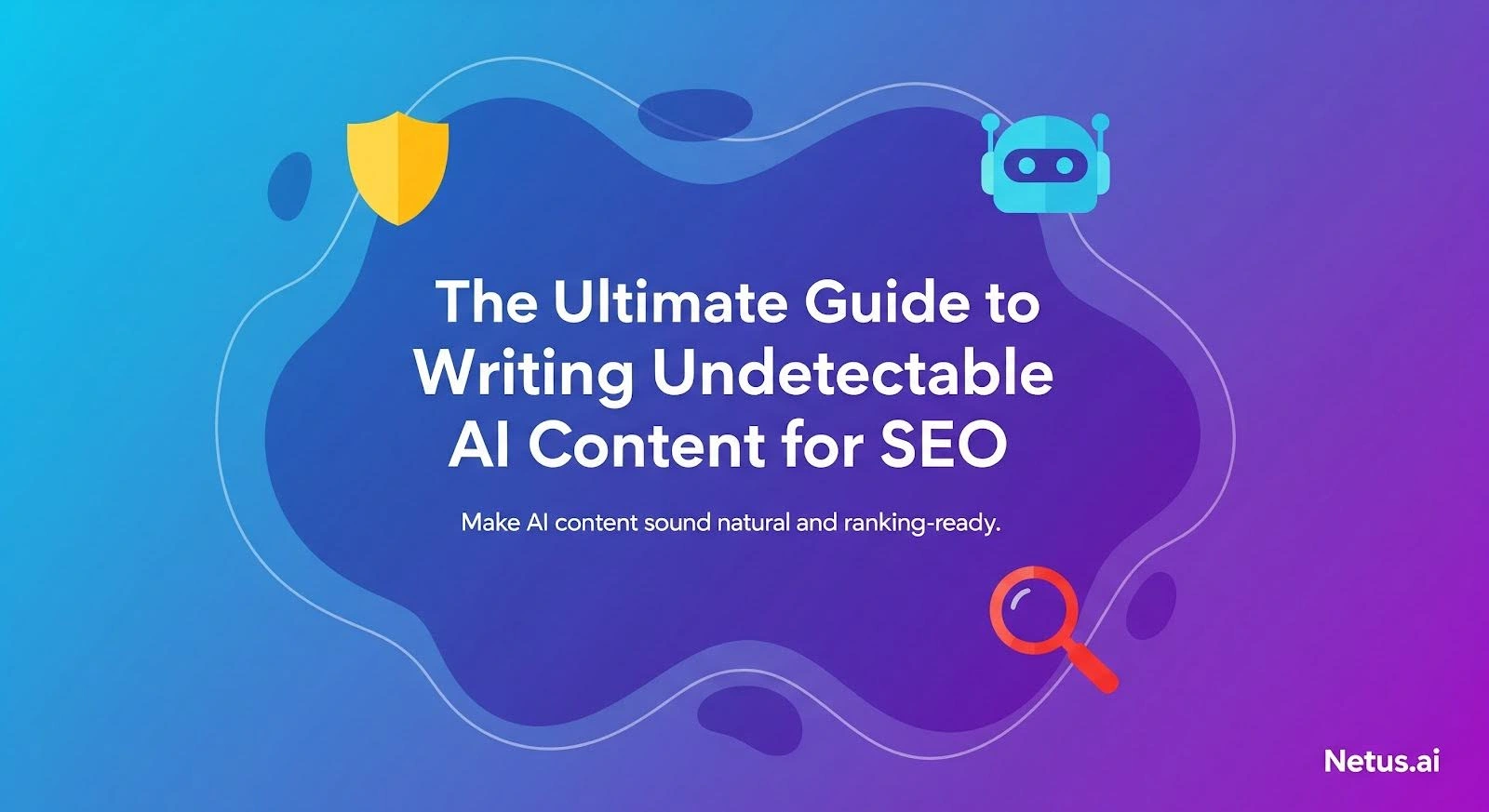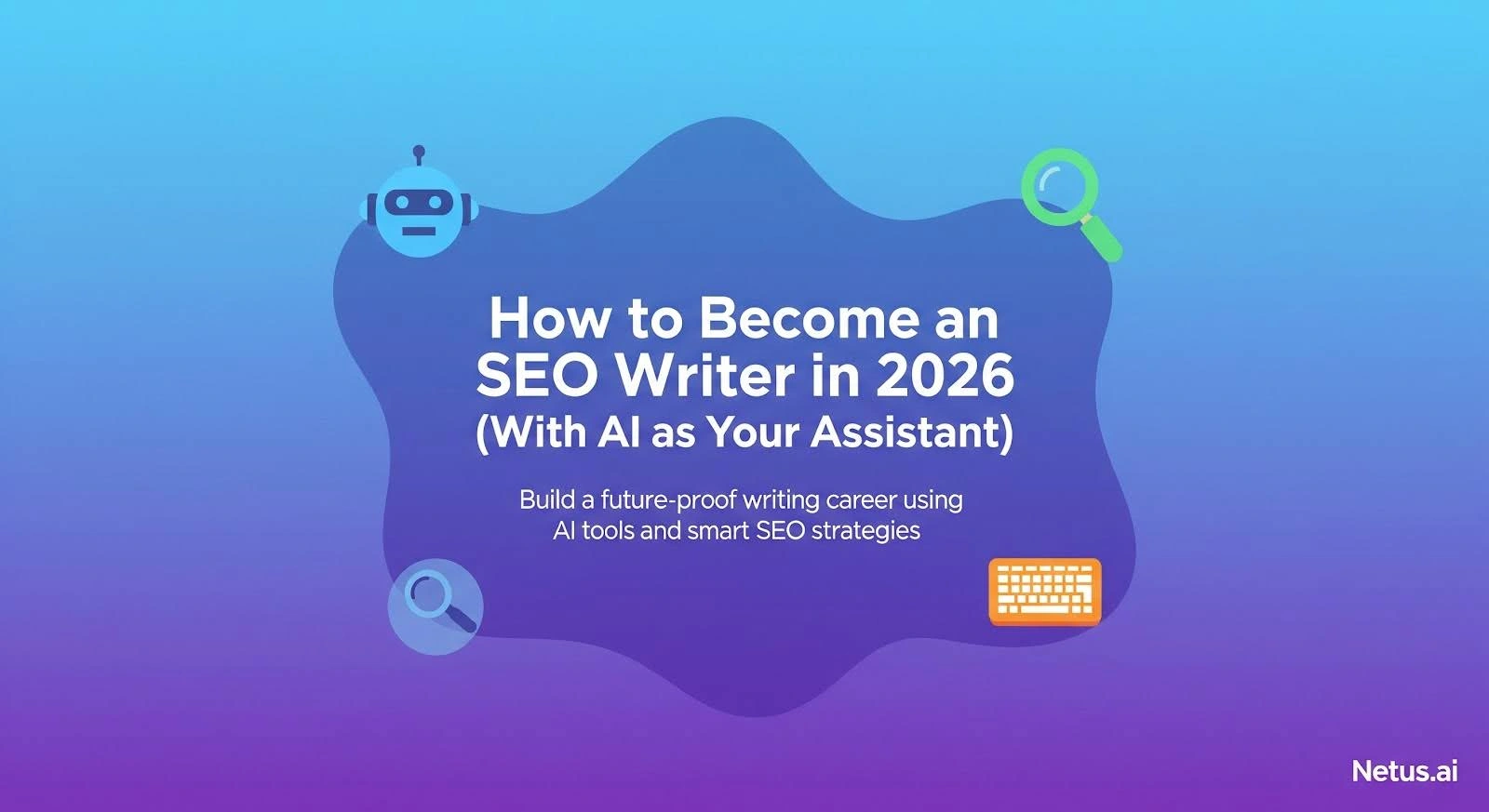Table of Contents
Does Google Punish AI Content/Articles? Google’s search algorithm is constantly evolving, and with the rise of artificial intelligence (AI) technology, many website owners and content creators are wondering if Google punishes AI-generated content. The question arises because AI technology can create content faster and more efficiently than humans, leading some to wonder if Google views this content as spam or low-quality.
While Google has not explicitly stated that it punishes AI-generated content, the company has made it clear that it prioritizes high-quality, trustworthy content in its search results. This means that if AI-generated content is deemed low-quality or spammy, it may be penalized by Google’s algorithm. However, if the content is well-researched, informative, and written in a natural and engaging tone, it may perform well in search results.
In addition to the quality of the content itself, Google also considers the reputation of the website and its author when ranking content. Websites with a history of producing trustworthy and authoritative content are more likely to rank well in search results, while those with a history of producing low-quality or spammy content may be penalized. Therefore, it is important for website owners and content creators to ensure that their AI-generated content is not only high-quality but also trustworthy and reputable.
Understanding AI-Generated Content
Evolution of AI Writing Tools
Artificial Intelligence (AI) has come a long way in recent years, and AI writing tools are no exception. These tools use machine learning algorithms to analyze vast amounts of data and generate content based on that analysis. One such tool is OpenAI’s GPT-3 (Generative Pre-trained Transformer 3), which has been making headlines for its ability to generate human-like text.
GPT-3 uses a technique called deep learning, which involves training a neural network on a large dataset of text. The network then uses this knowledge to generate new text that is similar in style and tone to the original dataset. This has led to concerns about the potential for AI-generated content to be used to spread fake news or propaganda.
AI Content in the Eyes of Google
Google has not explicitly stated that it punishes AI-generated content, but it does have guidelines for what it considers to be high-quality content. These guidelines include factors such as expertise, authoritativeness, and trustworthiness.
AI-generated content can certainly meet these guidelines if it is created by a knowledgeable and trustworthy source. However, if the content is created solely for the purpose of generating clicks or revenue, it may be seen as low-quality by Google’s algorithms.
It’s worth noting that Google has also been using AI in its own content creation efforts. For example, Google’s language model, BERT (Bidirectional Encoder Representations from Transformers), is used to improve search results by understanding the context and meaning behind search queries.
In conclusion, while AI-generated content has the potential to be high-quality and valuable, it is important to consider the source and purpose of the content. Google’s guidelines for high-quality content apply regardless of whether the content is created by humans or AI.
Google’s Guidelines and AI
E-E-A-T Principles and AI
Google’s E-A-T (Expertise, Authoritativeness, Trustworthiness) principles are an essential part of their quality standards. These principles are particularly important when it comes to AI-generated content. Google’s algorithms are designed to evaluate the expertise, authoritativeness, and trustworthiness of the content and its creators.
AI-generated content must meet the same E-A-T principles as any other content. The content must be created by experts in the field, be authoritative, and be trustworthy. Google’s algorithms are designed to detect content that is not created by experts or is not authoritative or trustworthy. Content that does not meet these standards may be penalized by Google.
Google’s Helpful Content Update
In 2020, Google released a “helpful content” update that aimed to improve the quality of search results. The update was designed to prioritize content that is helpful, informative, and relevant to the user’s search query. This update is particularly relevant to AI-generated content.
AI-generated content must be helpful and informative to be considered high-quality content. Google’s algorithms are designed to detect content that is not helpful or informative and may penalize it. AI-generated content must also be relevant to the user’s search query. Content that is not relevant may be penalized by Google.
In conclusion, AI-generated content must meet the same quality standards as any other content. Google’s E-A-T principles and helpful content update are particularly relevant to AI-generated content. AI-generated content must be created by experts, be authoritative and trustworthy, be helpful and informative, and be relevant to the user’s search query.
The Impact of AI Content on SEO
Optimizing AI Content for Search Engines
As AI technology continues to advance, it is becoming increasingly important for businesses to optimize their AI-generated content for search engines. This involves ensuring that the content is relevant, high-quality, and contains the right keywords.
One way to optimize AI content for search engines is by using natural language processing (NLP) techniques. NLP helps to analyze the text and identify the most relevant keywords and phrases. This can help to improve the content’s visibility on search engines and increase its ranking.
Another important factor to consider when optimizing AI content for search engines is the use of structured data. Structured data helps search engines to better understand the content and its context, which can improve its ranking.
Avoiding Penalties in Rankings
While AI-generated content can be a powerful tool for businesses, it is important to avoid penalties in search engine rankings. One way to do this is by ensuring that the content is unique and not duplicated from other sources.
It is also important to avoid keyword stuffing, which can result in penalties from search engines. Instead, businesses should focus on creating high-quality content that is relevant to their target audience.
Finally, it is important to stay up-to-date with the latest algorithms and changes to search engine ranking factors. This can help businesses to stay ahead of the curve and ensure that their AI-generated content continues to rank well on search engines.
In conclusion, AI-generated content can have a significant impact on SEO, both positive and negative. By optimizing the content for search engines and avoiding penalties, businesses can ensure that their AI-generated content continues to rank well and drive traffic to their website.
Best Practices for Creating AI Content
Balancing AI and Human Input
When creating AI content, it is important to strike a balance between the use of AI tools and human input. While AI can help generate content quickly and efficiently, it lacks the creativity and originality that only a human writer can provide. Therefore, it is recommended to use AI writing tools as a starting point and then have human writers edit and refine the content to ensure its quality.
Ensuring Content Originality and Value
To create high-quality AI content, it is essential to ensure its originality and value. AI writing tools can help generate content ideas and even write the content, but they cannot guarantee its uniqueness. Therefore, it is important to run the content through plagiarism checkers to ensure that it is original and not copied from other sources.
Additionally, it is important to ensure that the content provides value to the reader. AI tools can generate content that is grammatically correct and technically accurate, but it may lack the depth and insight that only a human writer can provide. Therefore, it is recommended to have human writers review and edit the content to ensure its value to the reader.
Overall, creating high-quality AI content requires a balance of AI tools and human input, as well as a focus on originality and value. By following these best practices, content creators can ensure that their AI-generated content is of the highest quality and provides value to their readers.
The Future of AI Content and Google’s Perspective
Adapting to Algorithm Updates
As AI continues to evolve, it is likely that Google’s algorithms will continue to change as well. This means that content creators will need to stay up-to-date with the latest algorithm updates and adjust their AI content accordingly. MarketMuse and Surfer are just a few examples of tools that can help content creators optimize their AI content for search engines.
Predictions for AI Content Regulation
As AI content becomes more prevalent, there is a growing concern about the regulation of this type of content. Google has already taken steps to address this issue by implementing guidelines for AI content and working to improve its ability to detect and remove fake news and other types of harmful content.
Looking to the future, it is likely that we will see more regulation of AI content as governments and other organizations work to ensure that this type of content is accurate, unbiased, and does not pose a threat to society. However, it is important to strike a balance between regulation and innovation, as AI content has the potential to revolutionize the way we consume and interact with information.
Overall, the future of AI content and Google’s perspective on it is complex and constantly evolving. As AI continues to advance, it is likely that we will see both opportunities and challenges arise in the world of content creation and regulation. By staying informed and adapting to changes in the industry, content creators can continue to create high-quality AI content that meets the needs of both users and search engines.



